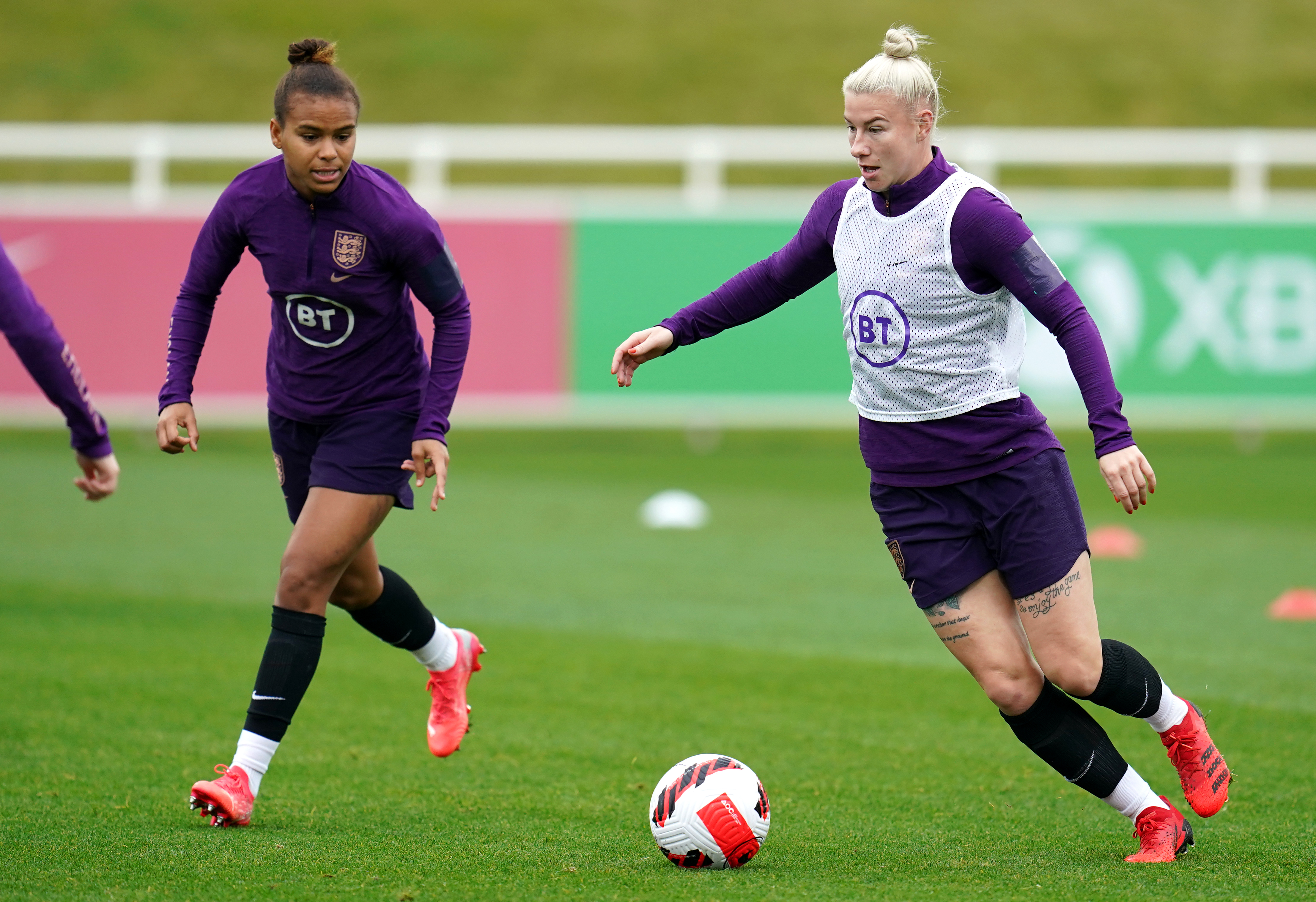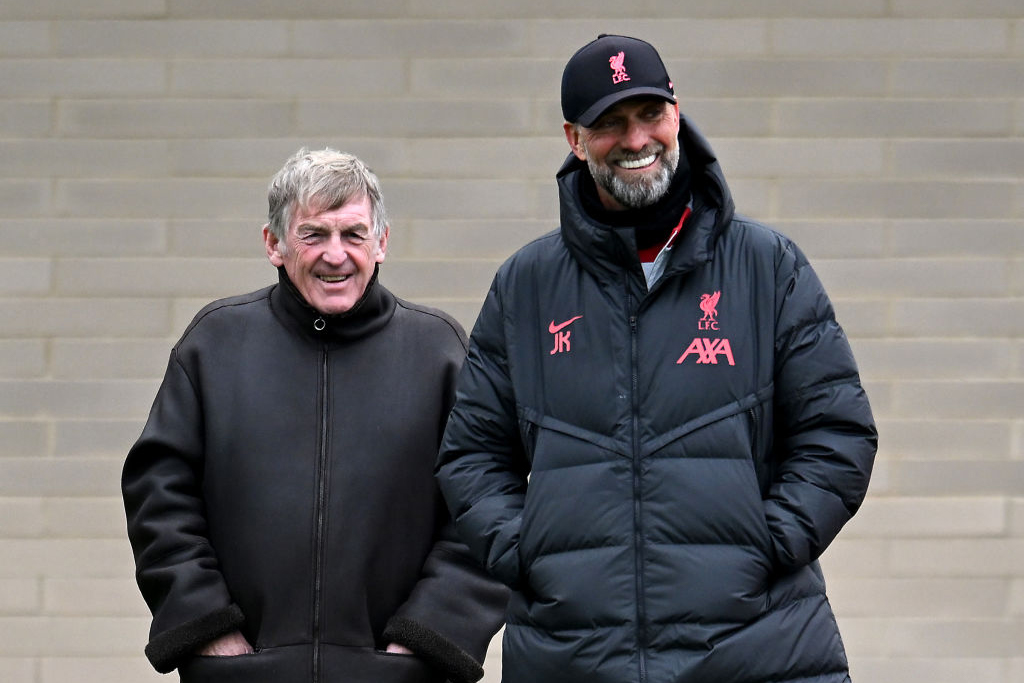Baroness Sue Campbell confident FA plans will create shift in terms of diversity

Baroness Sue Campbell is confident plans unveiled by the Football Association will help create a “significant shift” in terms of diversity at the top end of the English women’s game.
The level of ethnic minority representation in the Women’s Super League and England Women team has been a considerable talking point in recent years.
Something cited as a factor in the situation has been issues regarding the talent pathway structure and accessibility for youngsters from inner-city areas.

Earlier this month, the FA announced plans to grow the existing talent programme for the women’s game, providing a wider and more diverse talent pool, with the number of players set to more than double by the end of 2023-24.
There is to be a wider national network of what will be called Emerging Talent Centres for girls aged eight to 16, with funding provided by the Premier League.
That announcement followed the launch last summer of the ‘Discover My Talent’ project.
Campbell, the FA’s director of women’s football, told the PA news agency: “I think I described the old talent pathway like a very narrow tube, and what we’re now trying to do is widen the base and push the top up.
The best features, fun and footballing quizzes, straight to your inbox every week.
“At the bottom end, we have two programmes. Discover My Talent is a direct intervention programme. We’re working with EFL Trusts in inner-city and urban areas where we’re getting young people nominated for us to look at. We’re getting lots of referrals, it’s working really well.
We're pleased to confirm plans to grow our existing talent programme for the women’s game to sustain its future and provide a wider and more diverse talent pool for the game. Find out more here:— The FA (@FA) May 6, 2022
“That hopefully will begin to give those youngsters that perhaps in the past haven’t joined a club or don’t know how to, a chance to get on.
“Then the Emerging Talent Centres, there’s 70 of them initially, they’re the next step. And one of the great difficulties is travel for kids, particularly as travel costs go up, so the more we can create more centres that are more local, the better.
“We do know we need to get more diverse and inclusive in the women’s game and the reason we haven’t in the past is, we just haven’t had the resources.
“We don’t have academies in every club because we can’t afford them. We’ve had a good system based on the money we’ve had available to us. We’ve now got additional money, which is allowing us to broaden that base and reach.”
Asked how confident she was that the plans would have the desired impact – in that there would be more diversity in the WSL and England Women team in the future – Campbell said: “I am confident.
“Like all things, it doesn’t happen overnight, because you’re picking up young talent at this point and it’s a long journey then to get to the Super League teams. But I am confident.
“From all I’ve seen of Discover My Talent, all we’re doing with the Emerging Talent Centres which go on the ground from this year, I am confident that we will see a significant shift.”
England host the Euros this summer, and Campbell added: “For two years, we’ve been building legacy plans in the host cities – those plans are particularly focused on inclusion and diversity, turbo-charging the strategy we’ve got. It’s another way that we’re stretching and reaching into communities.”
Former England defender Anita Asante has welcomed the developments, saying of the announcement from earlier this month: “I think it’s imperative that it happens. It’s great to see the FA taking this initiative forward and hearing these messages, it’s definitely a step in the right direction.

“This is a great starting point and hopefully it will work up to, in the future, seeing more visibility and diversity across the top tiers of the game.”
Asante also said she hoped “the driving forces behind it understand the process by which it is going to be utilised, because it’s also having the right people that understand how to connect and communicate with certain communities, in order to be pro-actively engaging them”.
Asked about that, Campbell said: “One of the big ways we’re working within the host cities is training leaders from different communities to use football as a tool for development.
“We know that you need to empower communities, not parachute in and then bob out again. She (Asante) is absolutely right and I hope what we’re doing will evidence that we’ve heard that and we’re going to do it.”
:: Anita Asante is part of Soccer Aid for UNICEF 2022, which takes place on Sunday, June 12 at the London Stadium. A family of four can attend the game for just £60 – buy your tickets at socceraid.org.uk/tickets
 Join The Club
Join The Club





